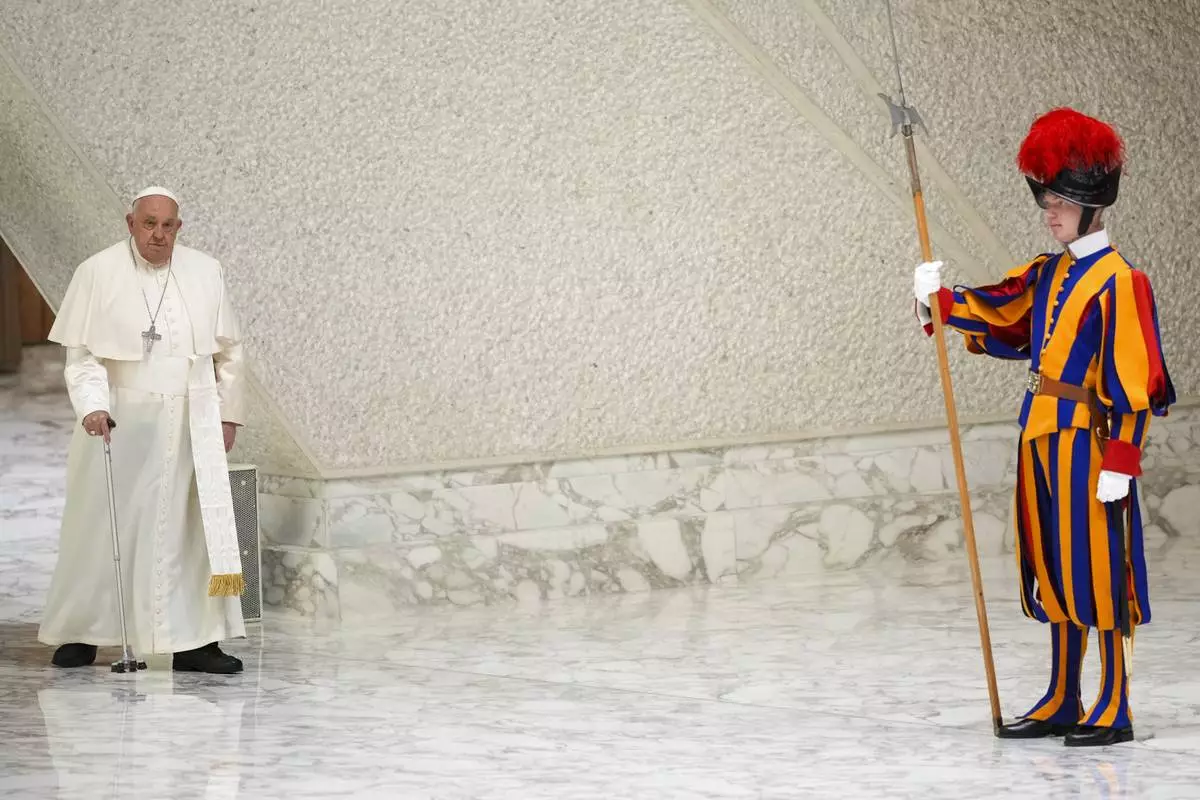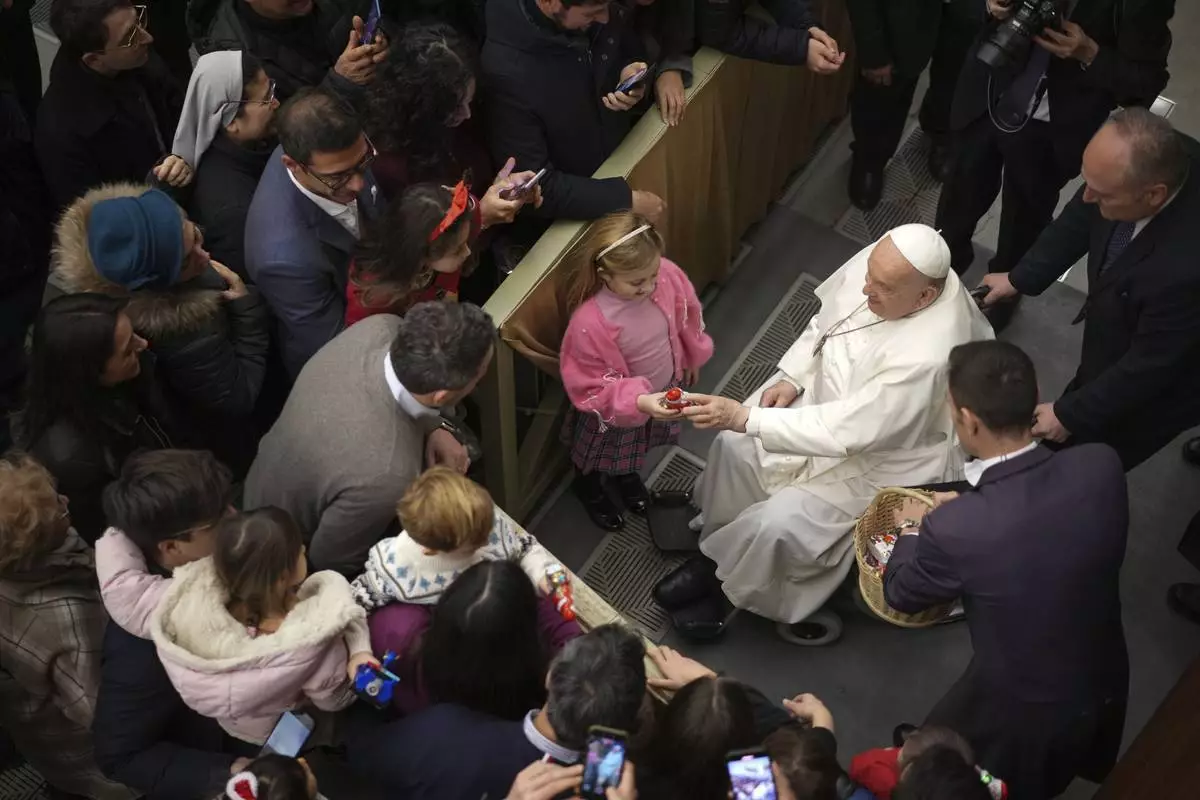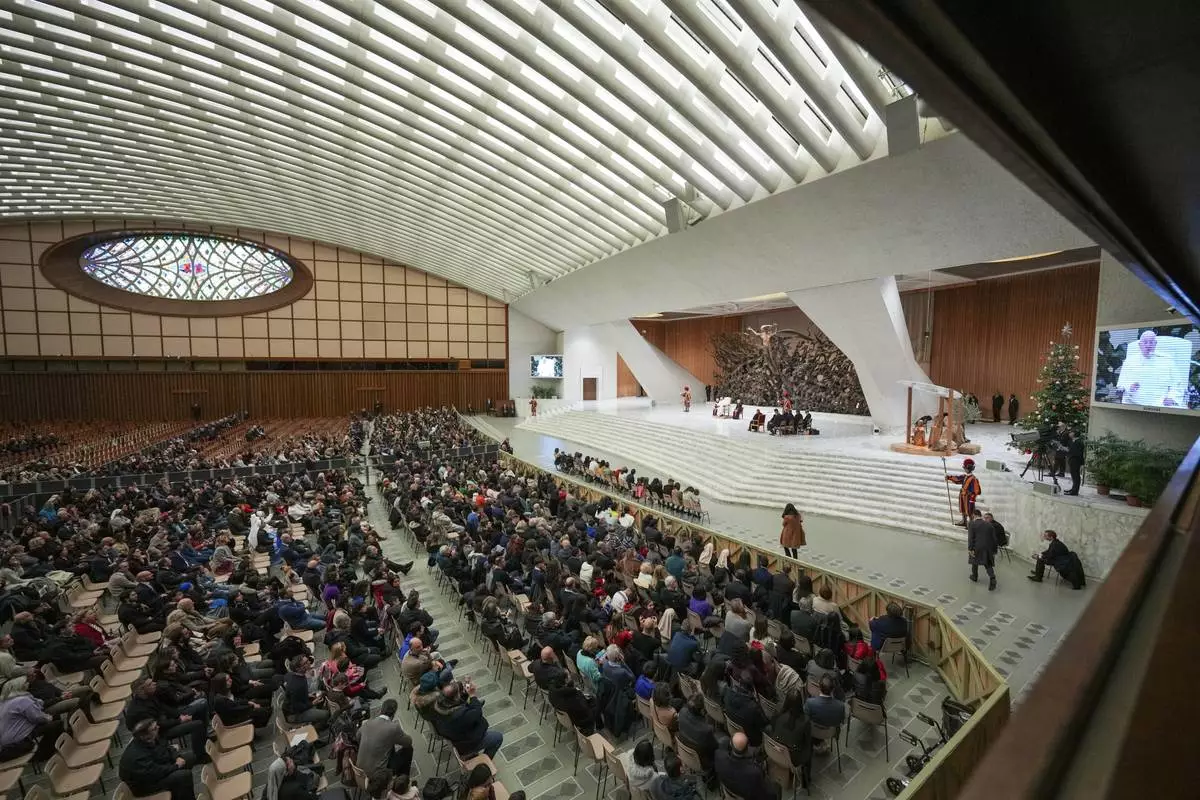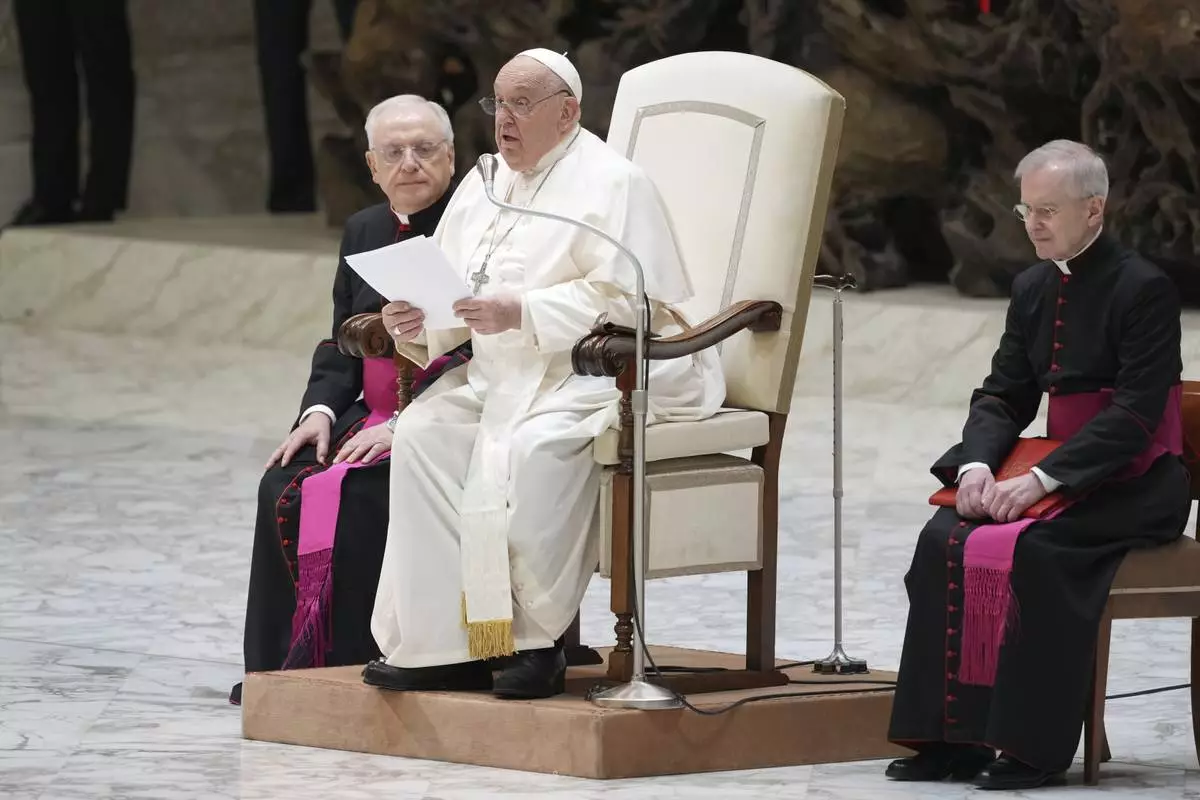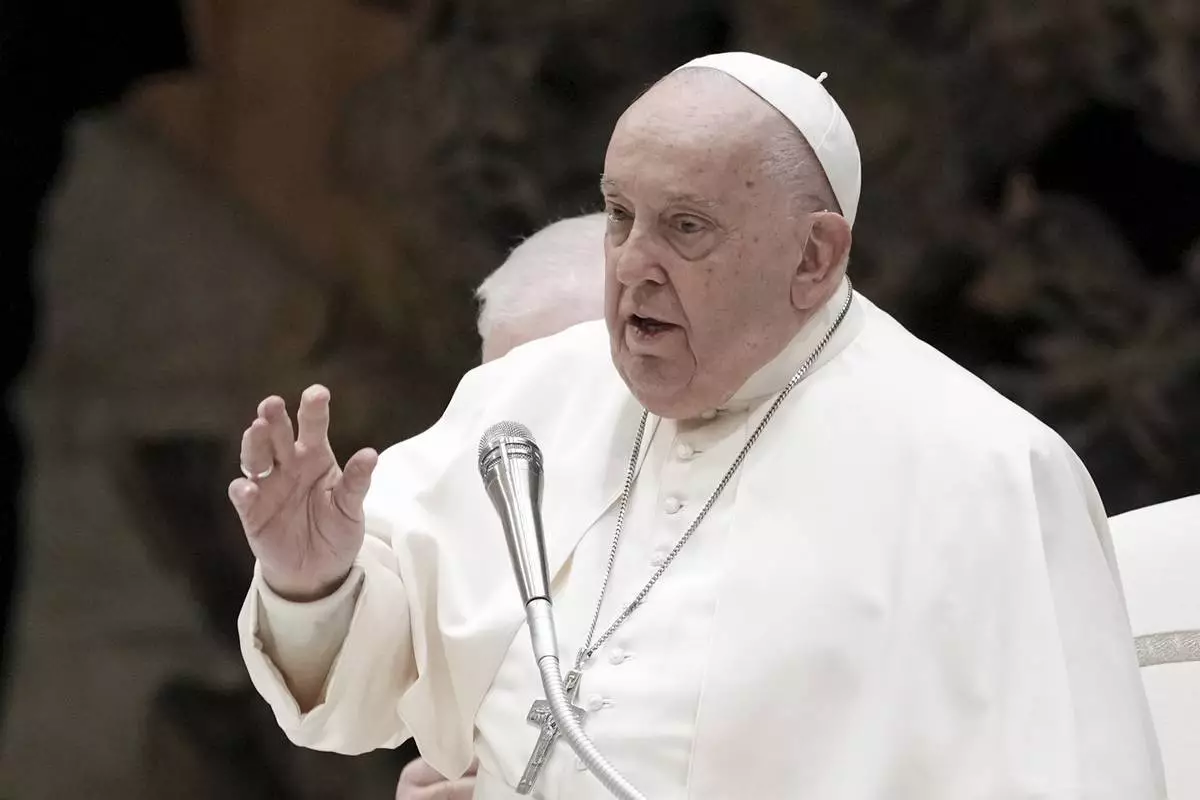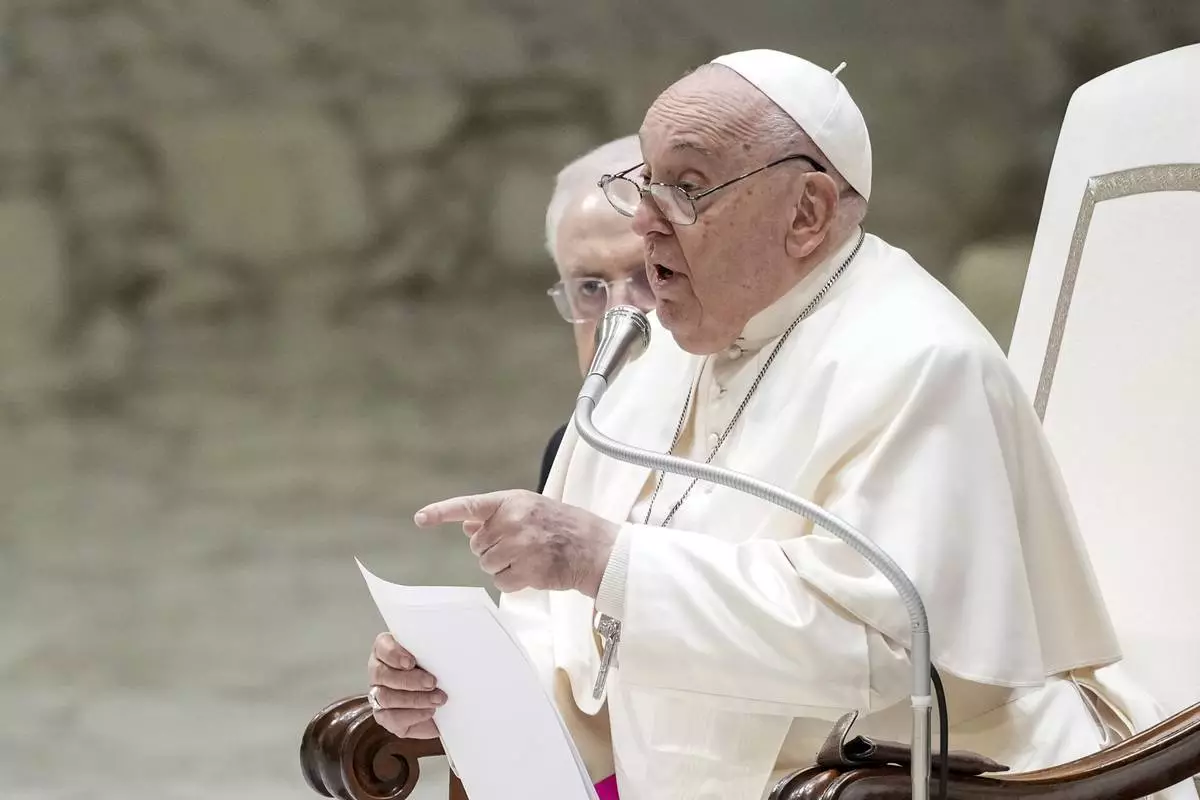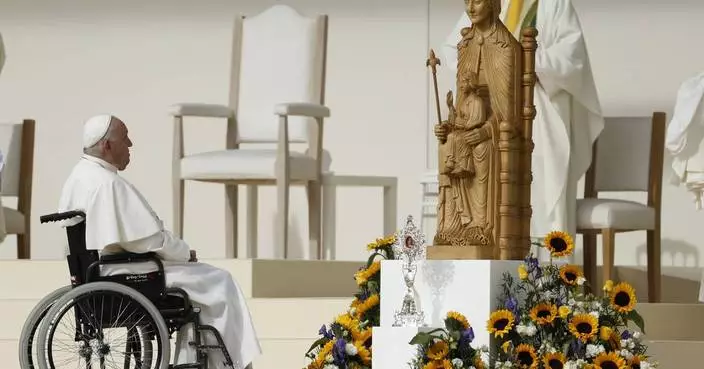Vice President Kamala Harris is expected to speak about abortion Friday in Georgia, where two women’s deaths have been tied to a state law that mostly bans the procedure after roughly six weeks.
Amber Thurman died after waiting 20 hours for a hospital to treat complications that occurred after she took abortion pills. Reported by ProPublica earlier this week, the case is the first publicly reported instance of a woman dying from delayed care tied to a state abortion law.
The news organization also reported on the death of Candi Miller, a woman with lupus, diabetes and hypertension who took abortion pills she ordered online. An autopsy found fetal tissue that hadn’t been expelled and a lethal combination of painkillers, ProPublica reported. The state’s maternal mortality review committee did not believe abortion medication caused her death.
Still, the fact both women used the pills — mifepristone and misoprostol — may raise questions about whether they are safe. Here are some facts.
The U.S. Food and Drug Administration approved mifepristone in 2000 as a safe and effective way to end early pregnancies. The drug, which blocks the hormone progesterone, also primes the uterus to respond to the contraction-causing effect of another drug typically used along with it, misoprostol. The pills are used in more than six in 10 abortions nationally.
There are rare occasions when mifepristone can cause excessive bleeding that requires emergency care.
Because of that, the FDA initially imposed strict safety limits on who could prescribe and distribute it — only specially certified physicians and only as part of three mandatory in-person appointments with the patient getting the drug. The doctors also had to be capable of performing emergency surgery to stop excess bleeding and an abortion procedure if the drug didn’t end the pregnancy.
Over the years, the FDA reaffirmed mifepristone’s safety and repeatedly eased restrictions, culminating in a 2021 decision doing away with any in-person requirements and allowing the pill to be sent through the mail.
In 2022, a coalition of anti-abortion groups filed a federal lawsuit against the FDA challenging the agency’s long-standing approval of mifepristone. Justices ruled in June that the abortion opponents lacked the legal right to sue and preserved access to the medication.
Abortion opponents say the more lax restrictions resulted in many more “emergency complications.” But that argument lumps together women experiencing a range of issues with mifepristone — from the drug not working to people who may simply have questions or concerns but don’t require medical care.
OB-GYNs say a tiny fraction of patients suffer “major” or “serious” adverse events after taking mifepristone.
A legal brief by a group of medical organizations including the American College of Obstetricians and Gynecologists says: “When used in medication abortion, major adverse events — significant infection, excessive blood loss, or hospitalization — occur in less than 0.32% of patients, according to a highly regarded study with more than 50,000 patients.”
The definition that scientists generally use for serious adverse events includes blood transfusions, major surgery, hospital admissions and death, said Ushma Upadhyay, one of the authors of that 2015 study.
The prescribing information included in the packaging for mifepristone tablets lists slightly different statistics for what it calls “serious adverse reactions.” It cites ranges for how frequently various complications occur: 0.03% to 0.5% for transfusion; 0.2% for sepsis and 0.04% to 0.6% for hospitalization related to medication abortions. The ranges reflect findings across various relevant studies, experts said.
Mifepristone’s labeling also lists a complication that most medical groups don’t consider a serious or major adverse event: ER visits, which ranged from 2.9% to 4.6%. The current FDA label lists going to the ER as an option if patients experience prolonged heavy bleeding, severe abdominal pain or a sustained fever.
But ER visits don’t always reflect big problems, doctors told The Associated Press.
Some people may go there after a medication abortion because they want to be checked out or have questions but don’t have a doctor, said Upadhyay, a professor at the University of California, San Francisco. Others, she said, “don’t want to go to their primary care provider about their abortion” because of stigma.
A study she co-authored in 2018 found that slightly more than half of patients who visited the ER because of abortions received only observational care. Some, Upadhyay said, “don’t receive any treatment.”
Mifepristone results in a completed abortion 97.4% of the time, according to U.S. studies cited in the FDA label.
But in 2.6% of cases, a surgical intervention is needed. And 0.7% of the time, the pregnancy continues.
That’s compared to a procedural abortion in a clinic, where the chance of the procedure failing to end a pregnancy “is extremely, extremely low,” probably less than 0.1%, said Dr. Pratima Gupta, a board member for the college of OB-GYNs.
“Any time a procedural abortion is done, the clinicians ensure that it was a complete abortion” by examining the tissue that is removed or performing an ultrasound during or after the procedure, she said.
Gupta, who has done abortion procedures for more than 20 years, said there are “very few complications from abortion — any kind of abortion, medication or procedural abortion.” A recent study suggests that’s just as true for medication abortions that happen in a clinic, a doctor’s office or at home with the help of telehealth.
The FDA makes drug approval decisions on a case-by-case basis, weighing effectiveness, safety and other factors.
No drug is 100% effective, and many common medications don’t work for a significant portion of patients.
Antidepressants typically help between 40% and 60% of people with depression. New antibiotics approved by the FDA often resolve about 70% of infections.
Since 2000, roughly 6 million patients have taken mifepristone, according to the FDA. A 2021 review of agency records looking for deaths that were likely related to the drug identified 13, or .00027% of patients.
Medical organizations supporting mifepristone’s availability say the drug’s safety — given the rate of deaths — compares to “ibuprofen, which more than 30 million Americans take in any given day.”
The Associated Press Health and Science Department receives support from the Howard Hughes Medical Institute’s Science and Educational Media Group. The AP is solely responsible for all content.

FILE - A patient prepares to take the first of two combination pills, mifepristone, for a medication abortion during a visit to a clinic in Kansas City, Kan., on, Oct. 12, 2022. (AP Photo/Charlie Riedel, File)



